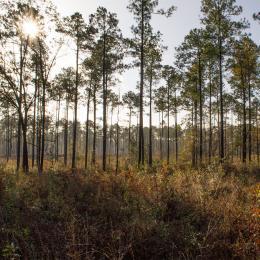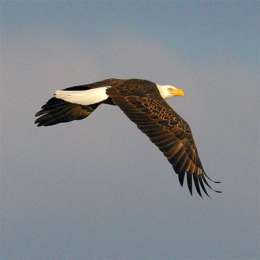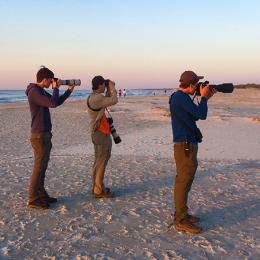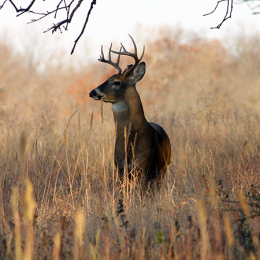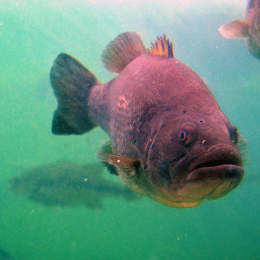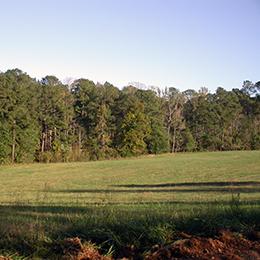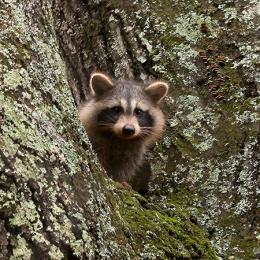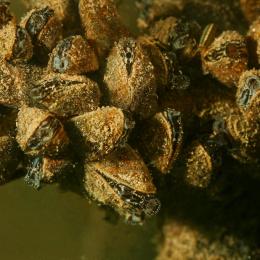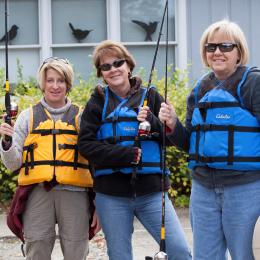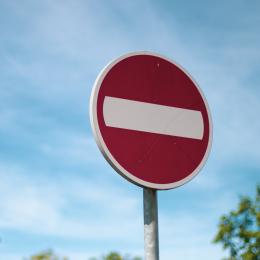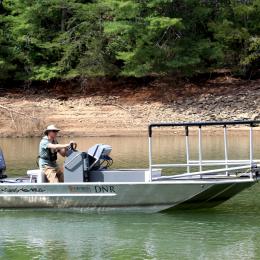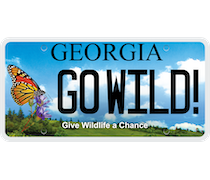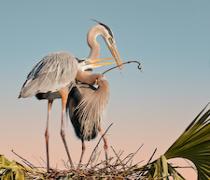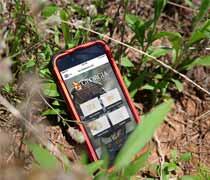Even though the heat of summer is in full effect, hungry bears are packing on the pounds and female bears are teaching foraging skills to their cubs as they prepare for the winter.
These efforts sometimes take bears outside of their home range so late summer sightings are still possible, according to the Georgia Department of Natural Resources’ Wildlife Resources Division (WRD).
“If wandering bears are successful finding unsecured food attractants, like pet food, bird seed, or garbage around homes and neighborhoods, they will hang around and become less afraid of people,” says Adam Hammond, WRD state bear biologist. “We encourage homeowners to be diligent about keeping their yards free of any bear attractants to force them to look elsewhere for food.”
When bears have access to human-provided foods, regardless of the source or the intent, they will take advantage of them, and that often leads to further problems. A bear that repeatedly finds food from garbage cans, bird feeders, and pet food bowls is unlikely to leave, and will become bolder in its search for easy food. This can lead to property damage of homes, garages, vehicles and more. Once bears have learned bad habits and come to rely on people for a “free meal,” they rarely change those behaviors, and this type of behavior progressively gets worse with time and experience. If you’re in bear country, make the extra effort to ensure that your home and yard are “unattractive” to bears – to protect yourself, your pets, your property and bears.
Not sure how to discourage bears? BearWise (bearwise.org) offers specific, detailed, and high-quality information to help prevent conflicts and keep bears wild.
The black bear is the only bear found in our state and is a conservation success story. Though now the most common bear in North America, the species was nearly eradicated from Georgia in the 1930s due to unregulated hunting, illegal harvest - including the killing of bears as “vermin,” and large-scale habitat loss. Science-based wildlife management has restored Georgia’s black bears to a thriving population estimated at 4,100 bears statewide.
Black bears may be hunted each fall in Georgia; season dates and restrictions vary by zone (GeorgiaWildlife.com/hunting/hunter-resources). However, taking bears any other time of the year is called poaching. Prevent poaching by reporting illegal activity (by email, phone or in person). Visit GADNRLE.org/ranger-hotline for more information.
For more information on living responsibly with bears, visit BearWise.org.






